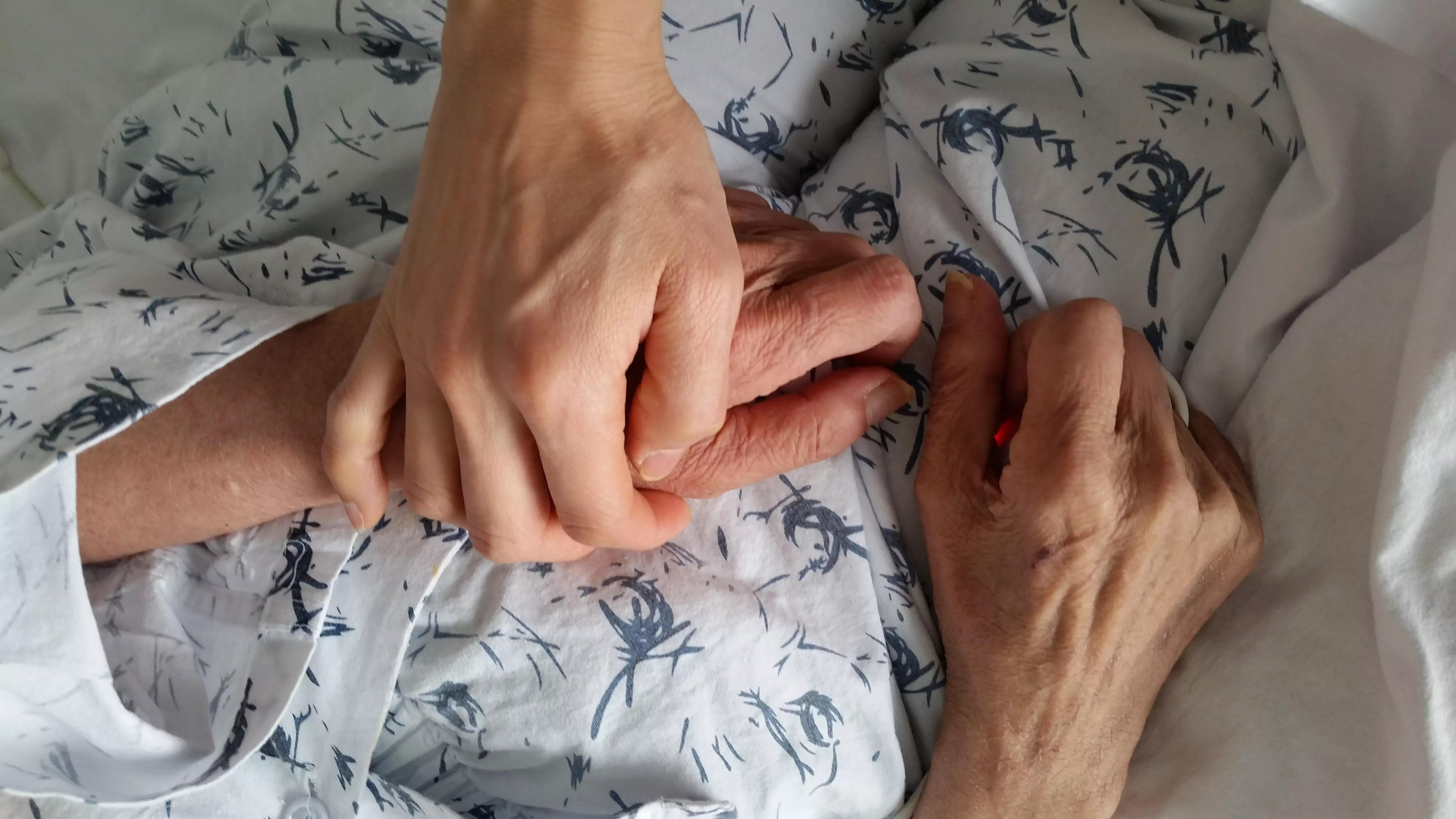What is palliative care?
Palliative care is an area of medicine that focuses on providing comfort and support to patients who are in the terminal stages of their illness. The main goal of palliative care is to improve patients' quality of life and help them cope with the pain and other symptoms associated with their illness.
Palliative care is not synonymous with treatment for a terminal illness. While treatment seeks to cure or prolong life, palliative care seeks to provide as much comfort and support as possible for patients throughout their disease process.
Who can benefit from palliative care?
Palliative care is for patients with a variety of conditions, such as advanced cancer, neurodegenerative disease, heart failure and many other diseases that lead to significant deterioration of health.
Palliative care is not reserved only for patients in advanced stages of disease. Many patients can benefit from palliative care at earlier stages of their illness to provide emotional and physical support.
What are the benefits of palliative care?
Palliative care has many benefits for both patients and their loved ones. First and foremost, improving quality of life is a key goal of palliative care. Patients are supported in managing their pain and other symptoms, allowing them to spend more time with their families and enjoy life despite their illness.
Palliative care also focuses on the emotional and spiritual aspects of support. Patients and their families can benefit from psychological and spiritual support to help them cope with the hardship of terminal illness.
In addition, palliative care aims to make patients as comfortable as possible. Care is focused on meeting patients' needs and providing them with appropriate living conditions in hospitals or nursing homes.
How does the palliative care process work?
The palliative care process is tailored to the individual needs of each patient. The palliative care plan is created in cooperation with the patient, his family and the palliative care team, which consists of doctors, nurses, psychologists, physiotherapists and other specialists.
Each patient receives a holistic, personalized approach to care. Care may include pain and other symptom management, emotional support, spiritual care, physiotherapy, psychotherapy and assistance with care coordination at home.
Palliative care is provided in both hospitals and nursing homes, as well as in patients' homes. It is also possible to receive palliative care in hospices, where patients have access to comprehensive medical care and support 24 hours a day.
How do I find palliative care for myself or a loved one?
If you or a loved one is in need of palliative care, it's important to consult with a family doctor or specialist who can offer guidance and identify the best options available. It is worth contacting palliative care foundations and NGOs that can provide further information and assistance in finding appropriate palliative care.
Remember that palliative care is here to provide as much comfort and support as possible to patients in the terminal stage of their illness. It should be kept in mind as one of the possible options for advanced or incurable diseases. It will help improve the quality of life, both for the patient and their loved ones.